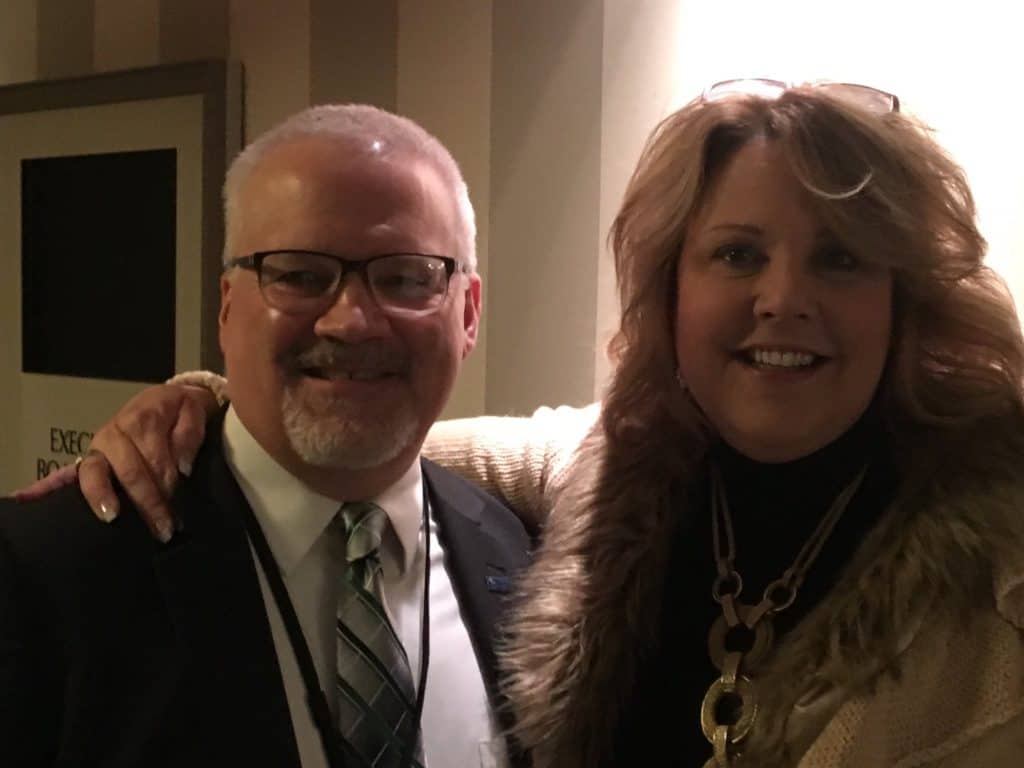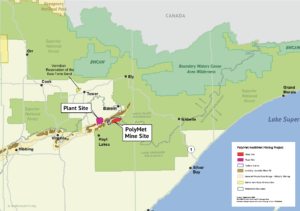[DISPLAY_ULTIMATE_SOCIAL_ICONS]A batch of emails and other documents released last week show a broader picture of how state and federal government staff communicated about key water quality permits for the PolyMet mine proposal. An apparent effort to keep concerns about pollution discharges from the public included high-ranking officials at both the Minnesota Pollution Control Agency and the U.S. Environmental Protection Agency’s regional office in Chicago.
Advocacy group WaterLegacy and the Fond du Lac Band of Lake Superior Chippewa received the documents from the EPA by filing a request through the Freedom of Information Act, then going to court to enforce the request. It comes after the June release of a single email that hinted at what was called a “cover-up.”
PolyMet would be the first copper-nickel mine in Minnesota, located near Hoyt Lakes in the St. Louis River headwaters. There are many concerns about how it could harm wetlands, lakes, rivers, and groundwater.

The Star Tribune reported that MPCA Commissioner John Linc Stine was involved in asking EPA staff to hold their written comments:
The documents contain an e-mail from Stine to Cathy Stepp, President Donald Trump’s appointed head of EPA Region 5 in Chicago, and her chief of staff, Kurt Thiede. In the e-mail, dated March 12, 2018, Stine thanks the two federal regulators for a phone conversation and says his assistant commissioner for water, Shannon Lotthammer, will follow up with Thiede regarding the “Region 5-MPCA agreement I mentioned on our call.”
The next day, Lotthammer sent an e-mail to Thiede asking Region 5 not to send written comments on the draft permit during the public comment period and instead follow a 1974 Memorandum of Agreement in which the EPA delegated enforcement authority to Minnesota.
The MPCA defended how it acted. Spokesperson Darin Broton told The Timberjay, “MPCA was making changes to the draft permit based on public feedback and other considerations. MPCA staff was trying to provide the EPA with an updated version for feedback.”
The documents also revealed a new level of involvement by other Minnesota elected officials, according to The Timberjay.
At the same time, the documents, released to the Fond du Lac Band and WaterLegacy as part of a Freedom of Information Act request, reveal that two state House Republicans, former Speaker Kurt Daudt and Rep. Dan Fabian, had contacted regional EPA administrator Cathy Stepp to determine her willingness to allow the Minnesota Legislature to potentially weaken the state’s wild rice sulfate limit of 10 milligrams per liter.
“These documents are blockbuster revelations,” said Paula Maccabee, WaterLegacy’s advocacy director and legal counsel. “I can’t stress enough how troubling these communications appear and the doubts they cast on MPCA, EPA and past Minnesota House political leaders acting together to undermine the protection of Minnesota waters under the Clean Water Act.”
Rep. Fabian defended the communication, saying he was trying to resolve a long-standing impasse over enforcing the state’s sulfate standard for wild rice waters.

Meanwhile, the EPA’s Inspector General continues a probe of the issue. The agency recently expanded the review to cover other water permits around the country, which may extend the investigation timeline.
More Information:

